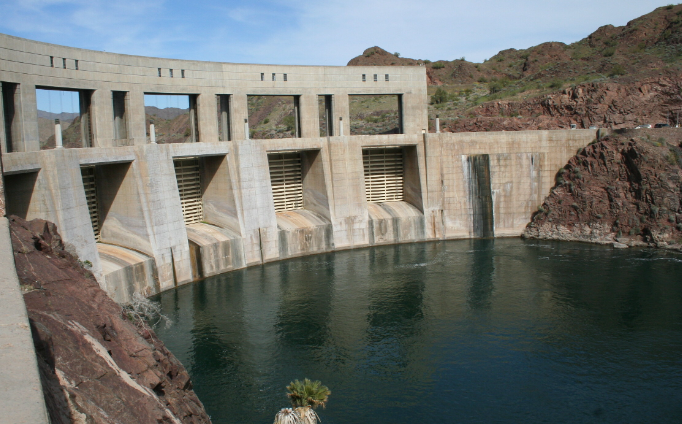A hydrologist affiliated with the University of Colorado is providing fresh insights into the enduring water challenges facing the Colorado River, a crucial resource for millions in the American West. Professor Shemin Ge, speaking at a recent gathering of the American Geophysical Union (AGU), highlighted overlooked aspects in a century-old study, asserting its direct connection to the current predicament in the region.
The main topic of Professor Ge’s talk was a 1916 research conducted by hydrologist Eugene Clyde La Rue, who was employed by the US Geological Survey at the time. La Rue calculated an annual discharge rate of about 15 million acre-feet from field investigation.
The Colorado River Commission (CRC) decided in 1922 to use a substantially larger flow estimate of about 16.4 million acre-feet annually as the basis for its water allocation decisions. Ge claimed that this seemingly little difference has long-term effects on the Colorado River Basin’s water management.
It is unclear exactly why the CRC decided to ignore the numbers from La Rue’s research, but Ge thinks it was a practical decision; greater numbers probably made allocations simpler to negotiate because there was more water to divide out.
The Colorado River is facing a dilemma right now. Important reservoirs are drying up, such as Lake Powell and Lake Mead. Nearly 40 million people’s access to clean water is at risk due to the river’s overall 20% decrease in flow.
A lot of scientists blame rising water demands and climate change for the issue. Ge thinks that over time, a systemic overallocation of the river’s resources resulted from the CRC’s choice to ignore La Rue’s data.
Ge claims that the most recent estimations put the Colorado River’s yearly discharge rate at a mere 13 million. That is far less than La Rue’s initial results as well as the numbers the CRC used for a long time. Additionally, it begs the question of whether the current crisis would have been as dire if the committee hadn’t disregarded Ge’s 1916 report.
Professor Ge is in favor of completely reassessing the Colorado River Compact. She believes that in order for today’s leaders to grow from their previous errors, they must collaborate with scientists, nearby Indigenous communities, and people of the community. Creating a “Law of the River” that more accurately and sustainably represents the real water availability in the West should be the ultimate objective, in her opinion.




